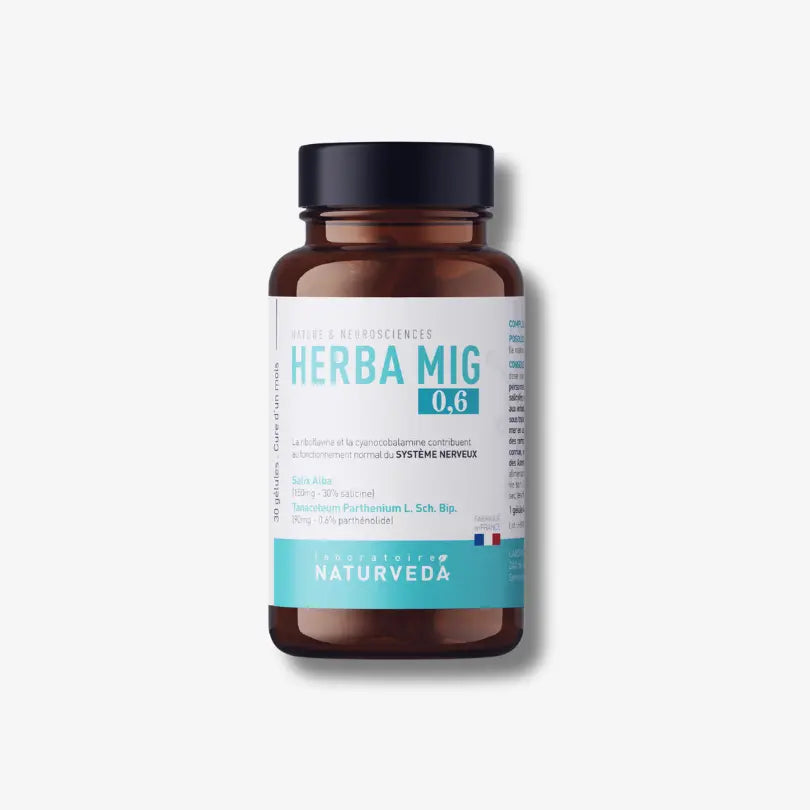Concentration is an essential skill for successfully completing any type of work. Whether you are a student preparing for an exam or a professional trying to complete a project, a high level of concentration will make the difference in allowing you to approach your task with greater efficiency and precision.
Tip #1: Meditation to improve your concentration
This ancient discipline, which has found its place in our fast-paced modern society, has a range of scientifically proven benefits, including improved concentration and quality of attention.
The purpose of meditation is to detach the mind from external agitation and its own whirling processes in order to create a state of alert but relaxed awareness. In other words, the practice of meditation helps you train your mind to stay focused and not get distracted.
There are many types and techniques of meditation, and it can be helpful to experiment to see what works best for you. However, a simple approach for beginners is mindfulness meditation , which simply involves focusing on the breath and allowing thoughts and sensations to pass without judgment.
- Learning to meditate can be as simple as taking a few minutes each day to focus on your breathing. It’s a small investment of time that can have immense rewards.
- If you find it difficult to sit down and meditate on your own, you might consider trying a guided meditation app. There are many that are great for beginners and offer short, manageable sessions.
Tip #2: The importance of a balanced diet for better concentration
A balanced diet is crucial to ensure optimal concentration throughout the day.
Foods rich in Omega-3s , such as oily fish, nuts and seeds, are particularly beneficial. These essential fatty acids help build brain cells, promoting cognitive function and improving concentration.
- Foods rich in Magnesium: such as green leafy vegetables, nuts, seeds and whole grains. A lack of magnesium can lead to fatigue and concentration problems , so it is crucial to ensure an adequate intake of magnesium.
- Foods containing B vitamins: such as whole grains, legumes, nuts, seeds, fruits and vegetables. B vitamins are essential for energy metabolism which can help improve focus and energy .
- Foods rich in Antioxidants: such as colorful fruits and vegetables, especially berries, as well as tea and dark chocolate. They can help protect the brain from damage and support cognitive function .
Avoiding excessive fluctuations in blood sugar levels is vital to maintaining a consistent level of concentration. Having healthy snacks on hand throughout the day can help stabilize blood sugar levels and prevent dips in concentration.
Tip #3: The impact of physical exercise on concentration
Contrary to what many people might think, sitting for hours to concentrate is actually not the most effective method to improve your focus. It turns out that our brains perform better after having had a regular physical exercise .
Now let's look at the four most effective physical exercises to improve concentration:
- Walking : A simple 20-minute walk can help improve concentration and attention, particularly because it increases blood circulation and oxygenation to the brain.
- Jogging : Jogging not only increases BDNF levels in the brain, but also helps relieve stress and improve mood.
- Yoga : Yoga is a great activity to improve both focus and relaxation. It helps create a balance between body and mind.
- Moving Meditation : Like Tai Chi or Qi Gong, these disciplines help create a connection between body and mind, increasing the ability to concentrate.
It is important to note that the impact of physical exercise on concentration is not immediate. It takes some time for the body to respond and adapt, especially if you are not used to exercising regularly. Therefore, it is important to incorporate these activities into your daily routine and practice them regularly.
Tip #4: Stress management for optimal concentration
Tackling the task of stress management can dramatically improve your focus. That’s because chronic stress, if left unmanaged, can compromise your brain’s efficiency. Stress causes a release of the stress hormone cortisol, which can damage working memory, a key component of concentration.
Measuring your stress level is a crucial first step in managing it. This can be done by tracking your heart rate, for example. There are many stress tracking apps that use your smartphone's sensors to measure changes in heart rate to assess stress levels.
Once you are aware of your stress level, you can start to manage it. Stress management methods vary from person to person. Relaxation , meditation, yoga, exercise, or other activities can help calm your mind and improve your ability to concentrate. It is also recommended to adopt a healthy lifestyle that includes a balanced diet, adequate sleep, and regular breaks.
Another way to alleviate stress and therefore improve focus is to practice self-compassion . This means being kind and forgiving to yourself, especially when you’re dealing with failure or setbacks. Often, we are our own biggest critic, which can increase our stress levels and decrease our ability to focus.
Conclusion
Improving your focus is a matter of practice and commitment to healthy lifestyle habits. Setting aside time for meditation , committing to a balanced diet , maintaining a regular exercise routine, and learning how to manage and reduce stress are all steps that can help you foster lasting and effective focus.





